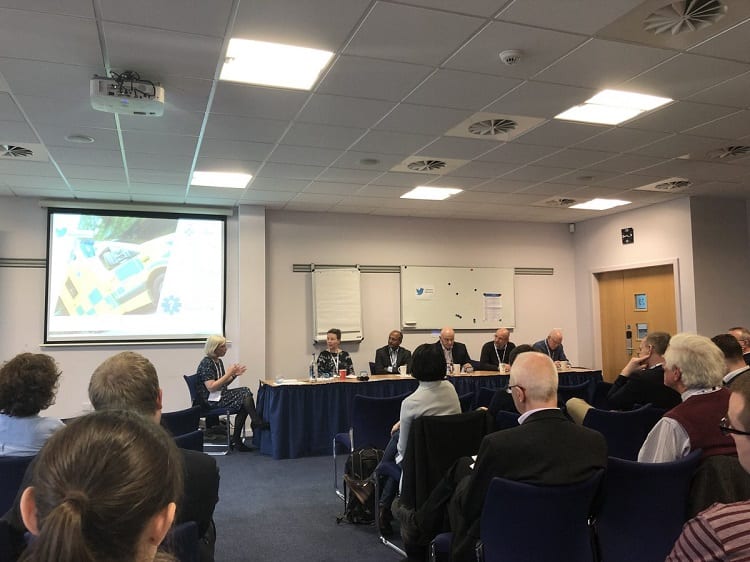CaHRU attends 999 EMS Research Forum conference 2018 in Stirling

This year’s annual EMS 999 Research Forum, ‘Research for impact in 999 Emergency Care’ was held in the University of Stirling’s picturesque campus from 26-27 March 2018 and was attended by members of CaHRU, Viet-Hai Phung, Laura Simmons, Greg Whitley Continue reading CaHRU attends 999 EMS Research Forum conference 2018 in Stirling

